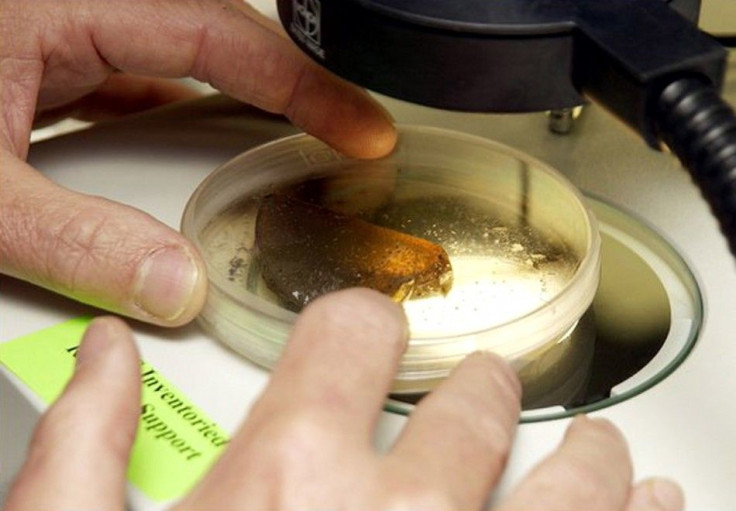Sex helps kill parasites according to scientists, asexuals do not

Amazing evidence has been discovered by scientists at the University of Indiana which examines possible origin of sex and its connection to parasites. The known fact is that greater genetic diversity is generated through sex and that holds off attacks from malignant bacteria. With asexual organisms, the variation of genetic diversity is low thus increasing the risk that a population of identical genes can be wiped out by a bacteria.
The experiment performed by the University of Indiana biologist team prepared three groups of round worms. The first group of worms had the ability to reproduce either sexually or asexually. The second group of worms could only reproduce sexually after they were genetically modified. The third group could only reproduce asexually.
All three groups were then introduced to an evolving parasite in order to see the outcome. The first group of worms who previously preferred asexual reproduction changed their behavior once the parasite entered the picture. They changed to sexual reproduction and because of that the genetic diversity grew in order to combat the parasites, thus saving themselves.
The second group of worms produced the same conclusion as the first group due to their sexual reproduction and increased genetic diversity. The third group of worms could not combat the parasites as they were only able to perform asexual reproduction. Its lack of genetic diversity made them sitting prey for the evolving parasites and the result ended with the bacteria winning over the worms.
Bacteria involvement opted the worms toward sexual reproduction, even though it may have been a disadvantagous and inconvenient process. The creation of diversity was needed in order to protect the population from extinction and that theory has led to continual evolution to survive. The scientists' demonstration showed that the sexual activity proved to be life saver.
No confirmations were mentioned about the outcome for humans based on these experiments. The evidence possibly shows indication that human ancestry was drawn towards sex due to parasites and bacteria. Sexual reproduction remains in the human evolutionary lineage, though people who identify themselves as asexual are questionable if bacteria could carry out the same effect seen in the experiments. No evidence has been determined and the definition of human asexual differ from animals. According to The Asexual Visibility and Education Network (AVEN), an organization creating public awareness to asexuality, defines it as:
An asexual is someone who does not experience sexual attraction. Unlike celibacy, which people choose, asexuality is an intrinsic part of who we are. Asexuality does not make our lives any worse or any better, we just face a different set of challenges than most sexual people. There is considerable diversity among the asexual community; each asexual person experiences things like relationships, attraction, and arousal somewhat differently. Asexuality is just beginning to be the subject of scientific research, writes AVEN.
As AVEN described, scientific research are ongoing but scientists have taken some steps in uncovering the origins of sex and its relation to bacteria.
MUST WATCH: Sex Slavery OK in Islam, Says Female Kuwaiti Politician [PHOTO] [VIDEO]
© Copyright IBTimes 2024. All rights reserved.





















